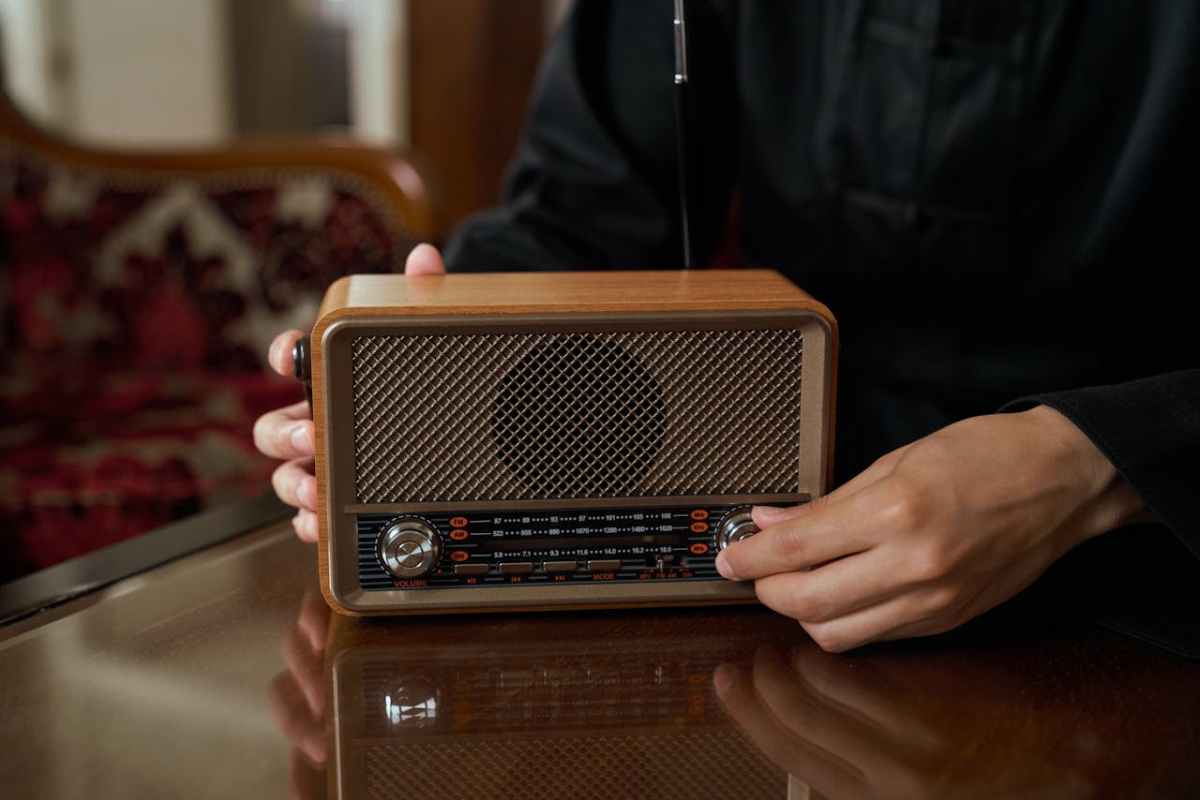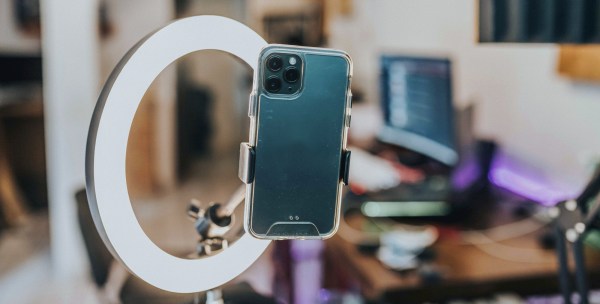Origin of World Radio Day: why 13 February?
In 2012, it was decided that World Radio Day would be celebrated every 13 February from the following year onwards. Specifically, the General Assembly – one of the main UN bodies – approved it on 18 December 2012 in Resolution A/RES/67/124 A-B.
It explained that the date was established on the proposal of the General Conference of UNESCO ‘at its 36th session which proclaimed 13 February, the day on which the United Nations Radio was established in 1946’ as World Radio Day, coming into being just a few months after the organisation itself, whose official launch date is 24 October 1945.
The lengthy 17-page resolution focuses not only on the importance of radio in particular but of all media in general, urging member states – currently 193 – or the organisation’s own bodies to reaffirm ‘their commitment (…) to the principles of freedom of the press and freedom of information, as well as to the principles of independence, pluralism and diversity of the media’.
Among other issues, it highlights the fact that radio is still the most widely used medium in the world with the capacity to reach a huge audience, with radio stations providing a service through a variety of programmes, viewpoints and content reflecting the diversity of audiences.
Radio Day 2025
Radio Day 2025 is focused on climate change to support radio broadcasters in their coverage of the issue.
Entitled ‘Radio and Climate Change’, this edition advocates that ‘broadcasters must prioritise the quality and diversity of information sources, as they play a key role in addressing climate-related issues. This includes dismantling the arguments of climate sceptics, investigating eco-whitewashing, understanding the green economy, and reporting on climate activism and barriers to solutions.
Origin of radio
Although it was not until the late 19th and early 20th century that radio as such was developed, some earlier developments and discoveries, such as the telephone, are considered antecedents to radio communication and its subsequent use as a means of communication.
The first major milestone for the future development of radio was in 1873, when the British physicist and scientist James Clerk Maxwell published his theory of electromagnetic waves.
In the following decade, the German physicist Heinrich Rudolf Hertz further developed Maxwell’s research and created the first magnetic wave detector and transmitter. His historical relevance is accredited by the fact that the unit of frequency measurement, the hertz – Hertz in many languages, in fact – is named after him.
As was the case with the invention of the telephone – disputed between Meucci and Graham Bell – the invention of the radio is not without controversy either. Let’s see why.
Who really invented radio?
On 14 May 1897, the Italian Guglielmo Marconi carried out the first radio transmission in history.
Based on Hertz’s research after reading an article of his on the propagation of electromagnetic waves through the air, in 1895 he built a transmitter on the model created by the German.
After this work, we go back to the date of 14 May 1897, when the transalpine engineer sent the first wireless communication over the open sea at a distance of six kilometres. Two years later, in 1899, he achieved the milestone of communicating France and the United Kingdom across the English Channel.
In 1909, Marconi was awarded the Nobel Prize in physics – shared with the German Carl Ferdinand Braun – for his contribution to radio communications.
Marconi or Popov?
As we mentioned earlier, the authorship of radio does not generate consensus. Some claim that the inventor of the antenna, the Russian physicist Aleksandr Popov, is also the creator of radio.
On 7 May 1895, Popov presented a wave receiver similar to Marconi’s of the same year. The relative coincidence in time of this presentation in St. Petersburg is what has provoked some controversy about the ‘paternity’ of radio.
While it is true that this doubt does not exist in Russia, where Radio Day has been commemorated in honour of Popov since Soviet times on 7 May.
And Tesla?
And as if that were not enough, Nikola Tesla has also been added to the Marconi-Popov controversy. Among the extensive work of the Serbian scientist based in the United States, radio is also added to the equation.
Also in 1895, Tesla invented a system for transmitting voice messages without wires, although, as we have already mentioned, it was Marconi who patented it, which led to controversy.
In fact, even the US Supreme Court in 1943 recognised Tesla’s role in the invention of radio in a patent dispute with the company Marconi had founded.
Beyond controversy, what does seem clear is that Marconi was the one who made radio commercially viable.
Evolution of radio sets
The evolution of radio sets has also been enormous, from the first one in 1910 known as the galena radio (invented by Henry Donwoody and Greenleaf Whittier Picard), a device weighing 10 kilos that did not allow changing the dial, a functionality that arrived 7 years later thanks to the Frenchman Lucien Lévy.
Another major change came in 1947 with the birth of the transistor, an invention of such calibre that it is considered to be the birth of the digital revolution. In fact, physicists John Bardeen, Walter Houser Brattain and William Bradford Shockley were awarded the 1956 Nobel Prize in Physics ‘for their research on semiconductors and their discovery of the transistor effect’.
In radio, the first transistor sets appeared in 1953, making them almost synonymous with radio for decades.
Technological evolution has led to significant changes in radio consumption habits, including internet broadcasting and the direct use of smartphones as receiving devices.














